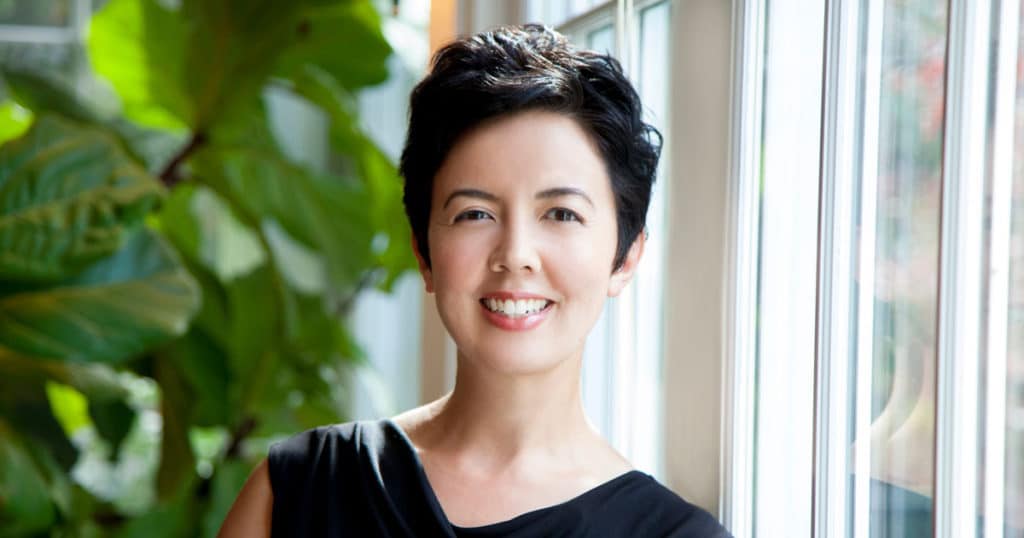Networking is More (and Less) Than You Think


Sometimes, the most valuable lessons come from the most humbling moments. At least, it was one of those moments that gave FOX NFL reporter Laura Okmin one of her greatest insights in what not to do when networking.
As a young reporter, and the first woman to be covering TV news in Alabama, she had gotten to know Charles Barkley, the NBA champion and two-time Olympic gold medalist.
“One day, I called Charles and he answered the phone and said: “Well, well, well. Laura Okmin, what do you need?” And I went: “Well, can’t a girl just call and say hello?” “A girl can,” he said. “You just never do.…I know when you call, you need something. So, what do you need?”
Register one of the biggest networking mistakes: always having an agenda. From then on, Okmin made sure she reached out to offer something—such as, congratulations on wins and condolences on losses—more often than she asked for something. She’d learned that networking is really about relationship-building.
Here are 3 more tips from Conference for Women experts:

Don’t think about networking as work (the name notwithstanding.) Think about it as following your curiosity.
“It’s simply getting to know each other and being curious about other people. And we can all do that,” says Ellen Hendriksen, a clinical psychologist and award-winning host of the Savvy Psychologist. “If you approach somebody and say, ‘That achievement was amazing. How did you pull that off,’ or ‘That looked really hard to navigate; how did you navigate that?’ that connects you to them.”
Set the stage for the person you’re talking to.
“I’m an absolute introvert,” says Beth Phalen, President and GM of the data protection division at Dell EMC. “So, when I’m meeting somebody for the first time, I’m a little bit nervous, too, even if they asking to speak to me. So, if that person comes in and says, ‘Beth, it’s really great to meet you. I’ve been here for a couple years. I just want to talk to you about this, and I have three questions,’ that just sets the framework, and then we can have a conversation.”

Do it before you’re ready.
“Whenever you start in a new endeavor or start to build a new skill, you’re going to feel incompetent,” says Hendriksen. “I learned this over and over again with learning how to do therapy, learning how to podcast, learning how to write a book. Whenever I’m at the beginning of something, I always feel so incompetent; and it’s OK to do it while you feel incompetent. Your confidence will catch up.”
Laura Okmin, Ellen Hendriksen, and Beth Phalen spoke, along with Mona Patel, VP clinical training and fellowship education for Boston Scientific, at the 2018 Massachusetts Conference for Women in the breakout session: “Super-Connectors: Build a Network of Relationships, Not Just Contacts.” You can listen to the whole conversation here.